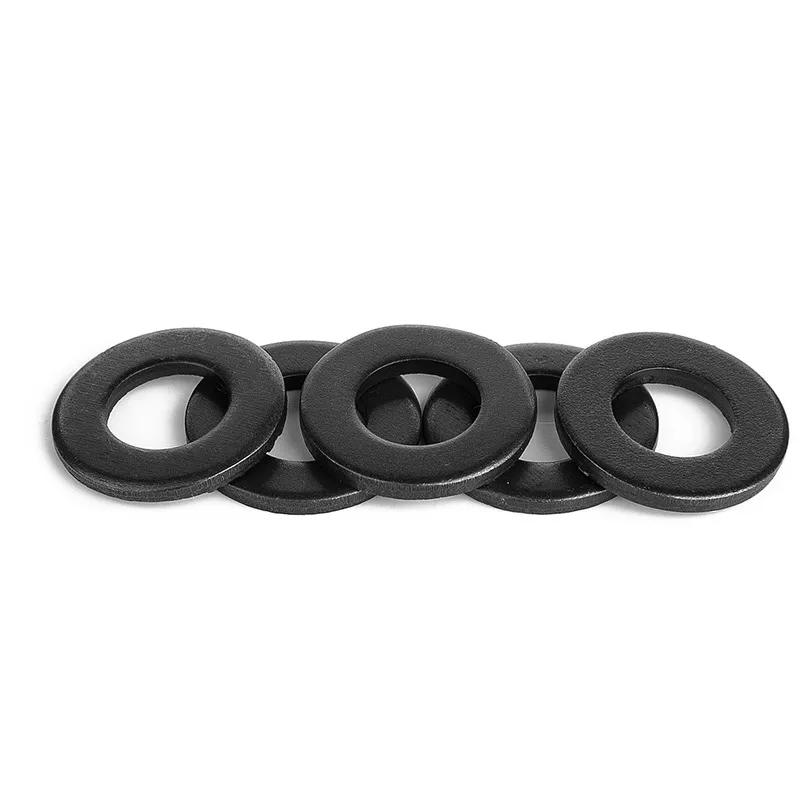

Choosing the Right Sizes for Hex Head Self Tapping Screws in Various Applications
أكتوبر . 10, 2024 16:20 Back to list
Choosing the Right Sizes for Hex Head Self Tapping Screws in Various Applications
Understanding Hex Head Self-Tapping Screw Sizes
When it comes to construction and woodworking projects, the choice of fasteners is crucial for ensuring structural integrity and durability. Among various types of screws available in the market, hex head self-tapping screws are popular due to their versatility and ease of use. Understanding their sizes and specifications is essential for selecting the right screw for your project.
What Are Hex Head Self-Tapping Screws?
Hex head self-tapping screws are designed with a hexagonal head that allows for easy tightening and loosening with a wrench or socket. They are particularly useful in applications where a strong grip is required, or where the screw will be subjected to high torque. The self-tapping feature of these screws allows them to create their own thread in the material being fastened, eliminating the need for a pre-drilled hole in many cases. This makes them ideal for use in metal, plastic, and wood applications.
Sizes and Specifications
The sizes of hex head self-tapping screws can vary widely, but they are typically categorized by diameter, length, and thread count. Common diameters range from 6 (approximately 3.5 mm) to 14 (about 6.3 mm), with lengths varying from 1/2 inch (12.7 mm) to 3 inches (76.2 mm) or more. The thread count, which refers to the number of threads per inch, can also differ based on the screw size and the material it is intended to penetrate.
hex head self tapping screw sizes

Choosing the right size involves considering the specific requirements of your project. For instance, a larger diameter screw may be needed for structural applications, while smaller screws might be suitable for lighter setups. Additionally, the length of the screw should be chosen based on the materials being fastened together, ensuring that the screw penetrates sufficiently for a secure hold while not being excessively long, which could cause damage or splitting.
Materials and Coatings
Another aspect to consider is the material and coating of the screws. Hex head self-tapping screws can be made from various metals, including stainless steel, carbon steel, and zinc-plated steel. Stainless steel screws are corrosion-resistant, making them a great choice for outdoor applications, while zinc-plated options may suffice for indoor use. The choice of coating can further influence the screw's durability and resistance to environmental factors.
Conclusion
In summary, hex head self-tapping screws are invaluable tools in various construction and assembly tasks. Their unique design allows for quick and efficient fastening across multiple materials. By understanding the sizes and specifications, including diameter, length, and threading, as well as material options, you can make informed decisions to ensure the success of your projects. Whether you're a DIY enthusiast or a professional contractor, selecting the correct screw size is key to achieving the desired results and enhancing the longevity of your work.
Latest news
-
Hot Dip Galvanized Bolts-About LongZe|High Strength, Corrosion Resistance
NewsJul.30,2025
-
High-Strength Hot Dip Galvanized Bolts - Hebei Longze | Corrosion Resistance, Customization
NewsJul.30,2025
-
Hot Dip Galvanized Bolts-Hebei Longze|Corrosion Resistance&High Strength
NewsJul.30,2025
-
High-Strength Hot-Dip Galvanized Bolts-Hebei Longze|Corrosion Resistance&High Strength
NewsJul.30,2025
-
Hot Dip Galvanized Bolts-Hebei Longze|Corrosion Resistance&High Strength
NewsJul.30,2025
-
Hot Dip Galvanized Bolts - Hebei Longze | Corrosion Resistance, High Strength
NewsJul.30,2025

